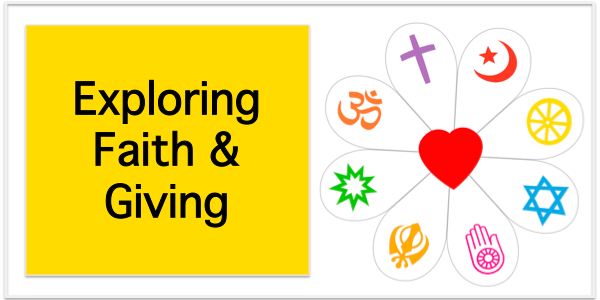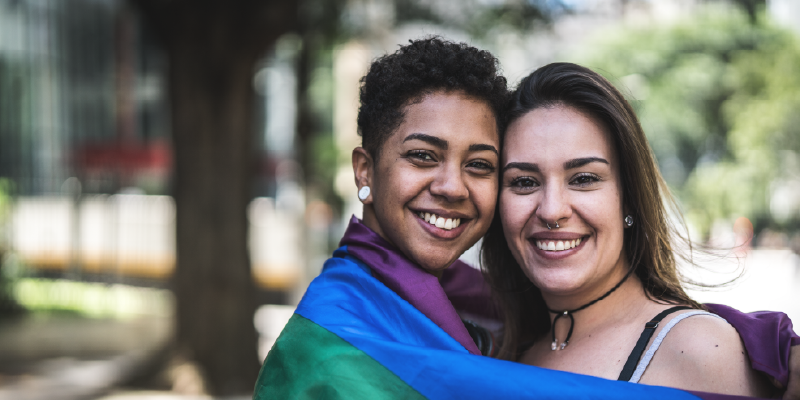This perspective post was provided by Dr. Nicholas Ribush, Founding Director, Lama Yeshe Wisdom Archive, as part of our faith and giving series.
The practice of Buddhism can be summed up in the short phrase, if you can’t help others at least don’t harm them. The ideal is to help others, but if that is beyond us at least we should not hurt them.
The goal of Buddhist practice is enlightenment, the fully purified and perfected state attained by the Buddha, for oneself and all other sentient beings. This is possible because all beings’ minds have as their essence a clear light nature that is only temporarily obscured by delusions such as ignorance, attachment and aversion. Buddhist practice gradually removes these obscurations until the mind’s pure nature is revealed and the practitioner becomes a buddha.
Buddhist practice is vast and profound, but one of the key practices, especially at the beginning of the path, is that of giving, or generosity. This is the antidote to miserliness and one of the methods of removing the stains of attachment.
There are three types of giving: material giving, the giving of fearlessness and the giving of dharma.
Material giving involves giving food to the hungry, shelter to the homeless, money to the poor and so forth. Giving of fearlessness means saving beings’ lives, like insects or animals from drowning, flies caught in spiders’ webs, lobsters about to be boiled or people in prison. Dharma is what Buddhists call the teachings of the Buddha: the giving of dharma means making the teachings available by creating and running Buddhist centres, giving lectures and publishing books.
Anybody can engage in these three types of giving every day. We can carry around small change or dollar bills to give to people begging in the street. We can be on the lookout for insects, animals or people in need of help. If we can’t teach or publish books, we can at least contribute to these activities or to the support of our teachers or a Dharma center. The purpose of all this is, of course, to counter the attachment that tends to rule our life.
******
Dr. Nicholas Ribush, Founding Director, Lama Yeshe Wisdom Archive
Dr. Nicholas Ribush was one of the first Westerners to be ordained as a monk in the Tibetan Buddhist tradition. A founder of Wisdom Publications, Ribush is today the director of the Lama Yeshe Wisdom Archive, a collection of thousands of teachings by Lama Yesheand Lama Zopa Rinpoche, who pioneered the teaching of Tibetan Buddhism in the West. After graduating from Melbourne University Medical School in 1964, Ribush first encountered Buddhism at Kopan Monastery in 1972.He was a Gelug monk from 1974 to 1986. He’s established meditation centres in New Delhi and Boston as well as the Lama Yeshe Wisdom Archive, Boston, which he now directs.
Updated on November 1, 2024
Donate Now




